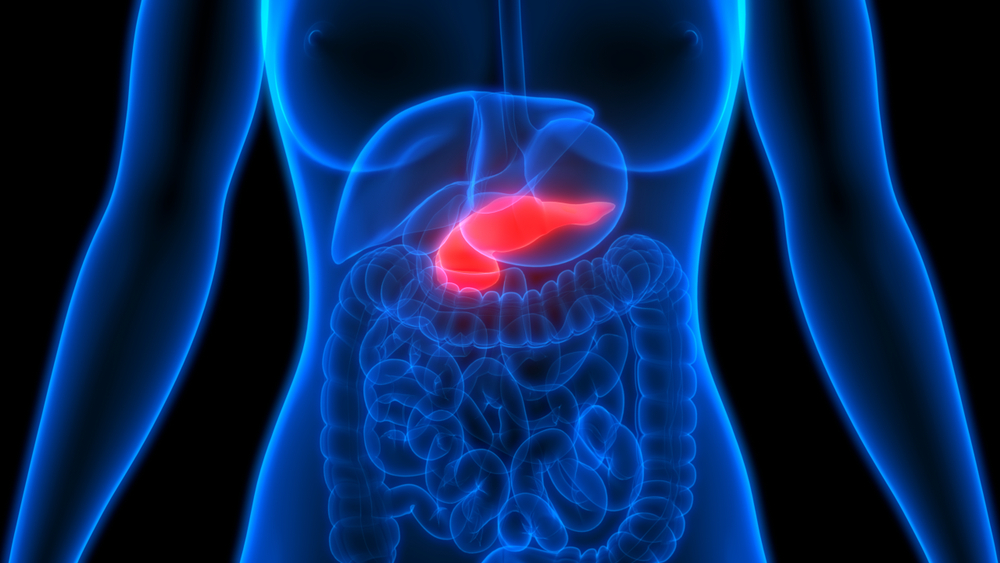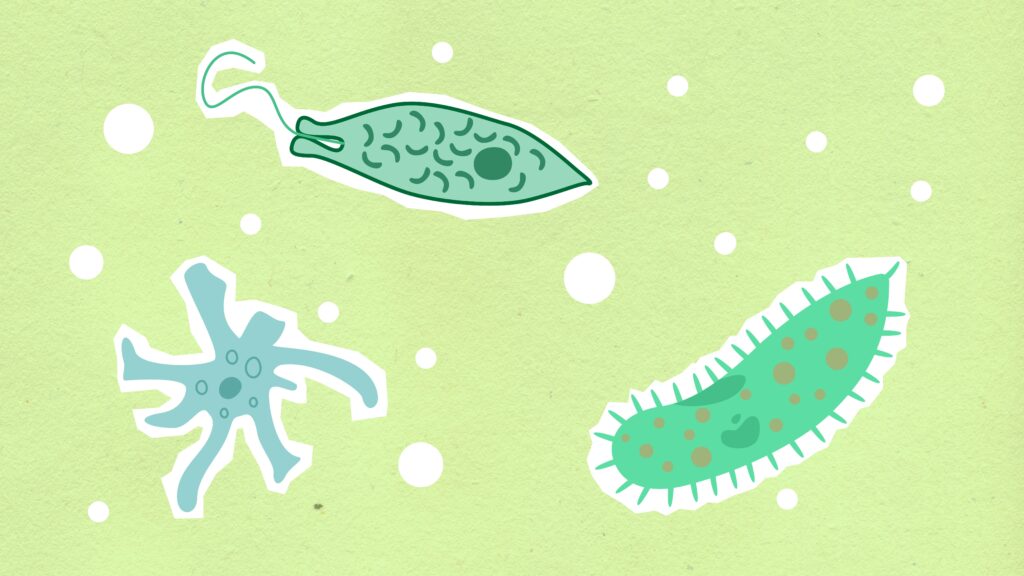
Occasionally, following a long day, we may feel completely drained and simply desire to collapse into bed. During these times, brushing our teeth might seem like an unpleasant task, particularly when the comfort of sleep is just a step away. Nevertheless, scientists are beginning to question if the bacteria and fungi residing in our mouths could have a more significant impact on general health than previously thought. When it comes to preventing cancer, most people consider factors such as diet, physical activity, or family history. You likely haven't even thought about how the organisms in your mouth might relate to broader health issues. However, recent studies investigating a potential link between oral microbes and future pancreatic cancer risk are gaining attention within the medical field. The notion that something as common as saliva could hold vital clues for identifying one of the most lethal diseases challenges the way we perceive both dentistry and oncology.
What is Pancreatic Cancer and Why Is It Difficult to Detect

Pancreatic cancerconsidered one of the deadliest types of cancer, with survival rates remaining in the single digits for late-stage cases. A major factor contributing to the high death rate is its stealthy progression, as tumors typically develop without symptoms until they affect surrounding organs or produce visible signs. In contrast to other cancers that have established early detection methods, pancreatic cancer lacks a reliable approach to identify individuals at risk before the disease manifests. Due to the limited availability of early detection techniques, scientists are exploring non-invasive indicators found in blood, stool, or saliva to help doctors detect the condition sooner. They point to the oral microbiome as a potential solution because it can be sampled easily, safely, and multiple times. If clear patterns are identified, saliva testing could offer a chance for earlier treatment.
Inside the Study Findings
A new study released inJAMA OncologyAdopted a broad approach to investigate this concept. It examined data from two long-term health studies in the United States, which followed over 122,000 individuals. Among these, 445 participants eventually contracted pancreatic cancer, with an average follow-up period of nine years. The researchers contrasted their oral samples with those of similar controls who did not acquire the illness. Through cutting-edge DNA sequencing, the team identified the bacteria and fungi present in each individual's mouth. This forward-looking design provided more reliable results compared to studies that only examine individuals after they have been diagnosed.
Bacteria That Sound Alarms
One of the most notable discoveries was the significant link between certain oral bacteria and the risk of pancreatic cancer. Three specific pathogens were particularly prominent:Porphyromonas gingivalis, Eubacterium nodatum, and Parvimonas micra. Each of these microorganisms is recognized for its involvement in gum disease, an inflammatory condition that can last for years if not addressed. Long-term inflammation contributes to cancer development by creating a setting where damaging cellular changes are more likely to happen. Therefore, having higher levels of these bacteria could indicate an increased risk of cancer. This link emphasizes that maintaining good oral hygiene, such as routine cleanings and addressing gum disease promptly, may be crucial for reasons beyond just dental and gum health.
The Secret Function of Mushrooms

The research also made a significant contribution by demonstrating that fungi in the mouth are not passive elements. Four specific fungal species were linked to a higher risk of pancreatic cancer, indicating a more extensive microbial network at play. Fungi have received less attention in cancer studies compared to bacteria, yet they can influence immune system reactions and contribute to inflammation. Their capacity to survive within oral biofilms implies they might interact with bacteria in ways that heighten health dangers. By incorporating fungi into their investigation, the scientists created an opportunity for a more comprehensive view of the microbiome. This discovery may clarify why earlier studies focusing solely on bacteria might have missed certain aspects of the issue.
How Microbial Risk Assessments Function
To understand the data, the research group developed what they referred to as microbial risk scores. These scores were created by integrating the impacts of various bacteria and fungi that had strong links to cancer. People with higher scores had a significantly increased likelihood of developing pancreatic cancer in comparison to those with lower scores. This method highlights the fact that no single organism provides the complete picture, as the microbiome operates as a collective. Utilizing these scores also simplifies the concept of a potential saliva test for medical application. Physicians would not have to search for one specific microbe alone but could instead evaluate the overall microbial composition.
Why This Study Is Important Today
This research holds significance that extends beyond the lab setting. It is anticipated that cases of pancreatic cancer will increase in the near future, and without improved early detection methods, survival rates are expected to stay persistently low. Discovering microbial indicators presents a potential approach for screening individuals who may not be aware they are at risk. Additionally, it implies that preventive measures might involve enhancing oral health as one possible component of cancer prevention. Although brushing and flossing alone cannot eradicate cancer risk, managing gum disease and minimizing harmful bacteria could lead to a noticeable impact. The idea that such a basic and widespread aspect of daily life could affect such a severe illness serves as a strong incentive for further investigation.
Limitations and Next Steps
Although these findings are encouraging, the researchers remain cautious in making definitive conclusions. Observational studies, even those that are large and follow participants over time, cannot establish a direct cause-and-effect relationship. Oral microbes might act more as indicators of risk rather than as direct contributors to cancer. There are also uncertainties regarding how factors such as lifestyle, diet, genetics, and other health conditions interact with the microbiome to influence outcomes. Additional research across various populations will be required to determine if similar bacterial and fungal patterns are consistently observed. In the end, clinical trials will be essential before saliva-based screening can be considered for regular medical use.
Read More: 11 Signs Your Tongue is Revealing About Your Health
The Broader Perspective of Dental Health

Despite these uncertainties, the study highlights the significance of oral health in general well-being. Many individuals still view dental care as distinct from medical care, yet research demonstrates that the two are strongly connected. Scientists have linkedgum diseaseNot only related to cancer but also to heart disease, diabetes, and issues during pregnancy. Seeing the mouth as a vital component of the body, rather than a distinct system, could change the way healthcare is provided. These recent discoveries also support public health messages regarding prevention, highlighting that minor daily routines can have widespread impacts on the body. What occurs in the mouth does not always remain confined to the mouth.
Prevention: Innate Dental Care Practices
Poor dental care can significantly impact your general well-being. Establishing positive, beneficial routines is essential for maintaining overall energy and health, and natural methods can be highly effective. One practice I include in my daily morning routine is oil pulling. Use approximately a tablespoon of coconut oil and swish it in your mouth for 10-15 minutes before spitting it out (make sure not to pour the oil down the drain, as it can cause blockages). Afterward, brush your teeth as usual.Clinical researchhas discovered that the antimicrobial and anti-inflammatory effects of coconut oil lower the amount of bacteria in the mouth and reduce signs of inflammation in individuals suffering from periodontitis.
Another natural practice you might consider incorporating into your daily routine for good oral care is cloves, either in oil form or extracts. You can prepare it yourself, mix it into products, or purchase items that already contain it. Clove contains eugenol, a powerful natural substance with antibacterial, anti-inflammatory, and pain-relieving effects that help decrease oral bacteria, soothe gum swelling, and ease tooth discomfort. Eugenol found in clove oil has also beenshownto exhibit antibacterial properties against the bacteria responsible for periodontal disease.
Looking Ahead
The idea of identifying pancreatic cancer at an earlier stage using something as straightforward as saliva is both thrilling and humbling. It highlights how much we still don't know about the microbes inside us and the impact they have over time. As scientists improve microbial risk scores and evaluate them in broader studies, there is optimism that early detection for this aggressive type of cancer could become more achievable. For us, the key message is not to be alarmed but to understand the importance of preserving oral health as part of a comprehensive lifestyle strategy. Science is still working out the specifics, but the mouth might prove to be one of the body's most useful indicators of underlying illness.
Disclaimer: The information provided is not meant to replace professional medical advice, diagnosis, or treatment and is for informational purposes only. Always consult your physician or a qualified healthcare provider regarding any questions you have about your medical condition and/or current medications. Do not ignore professional medical advice or delay seeking help due to information found here.
Read More: Understanding Urinary Tract Infections: A Resource for Women's Health and Prevention
The article New Study Reveals Concerning Connection Between Dental Hygiene and Deadly Cancer Form was originally posted onThe Hearty Soul.